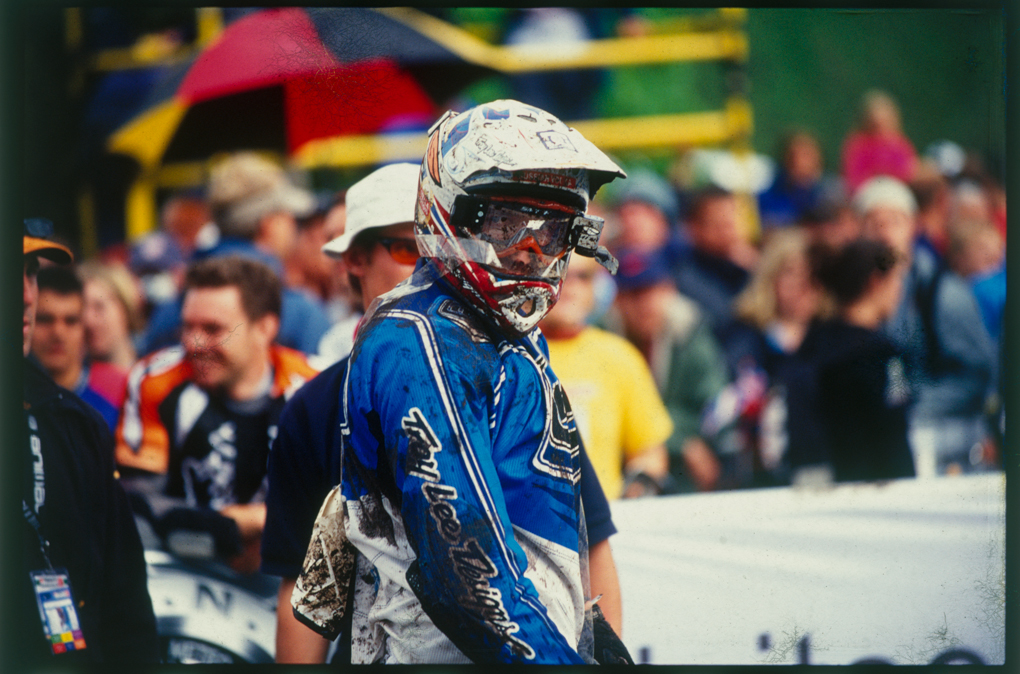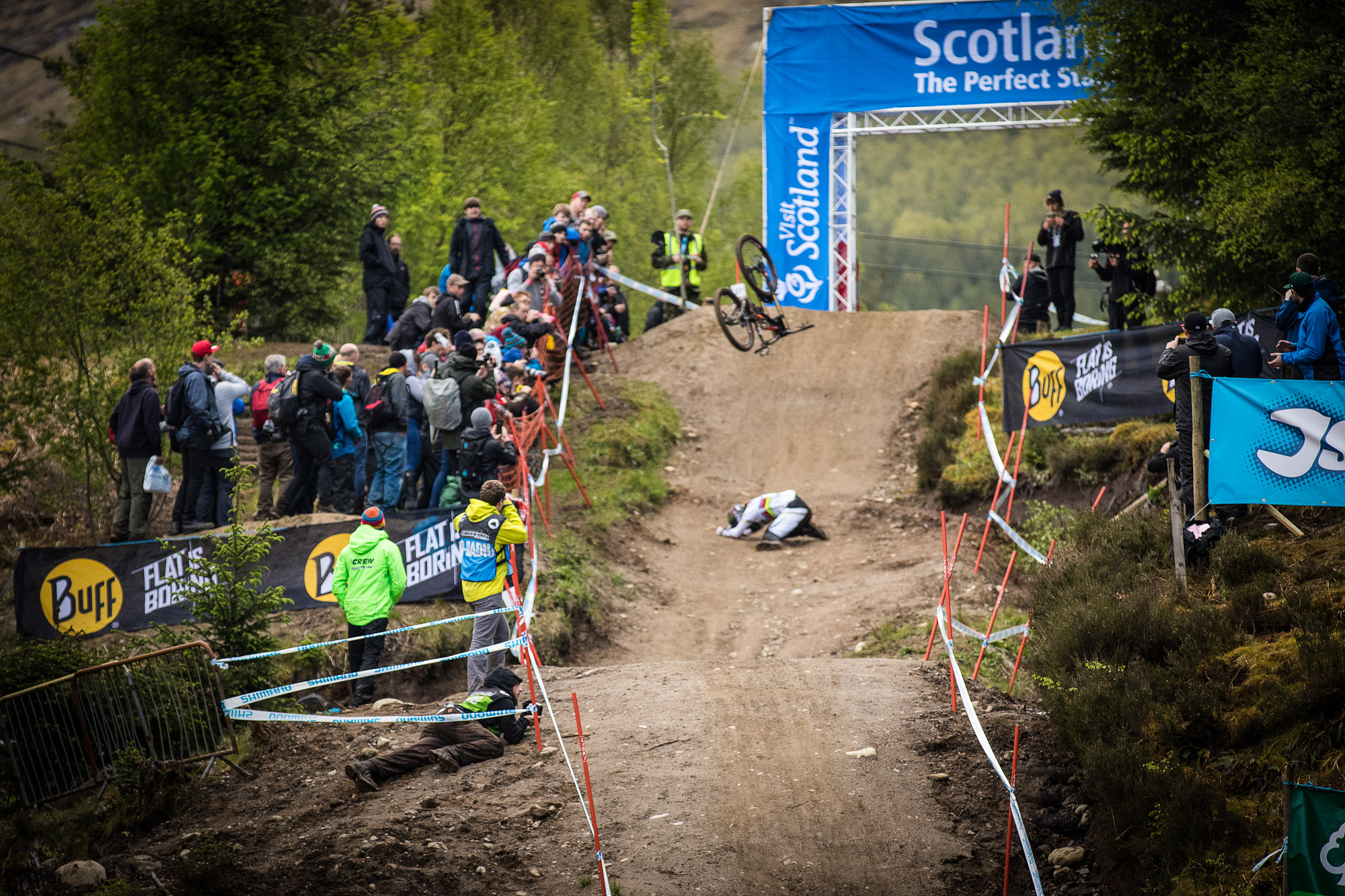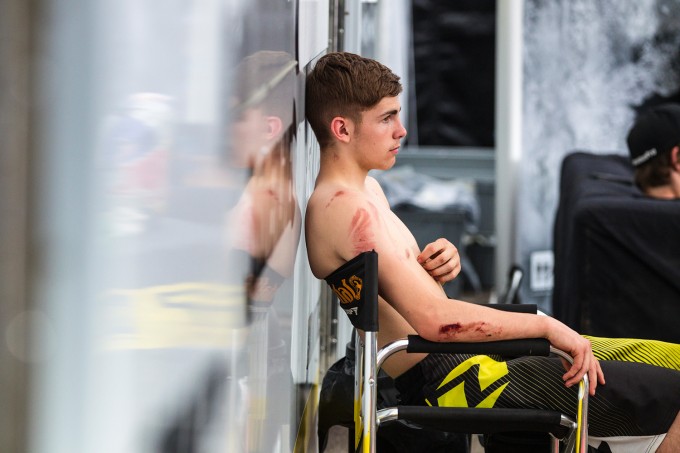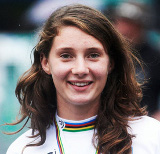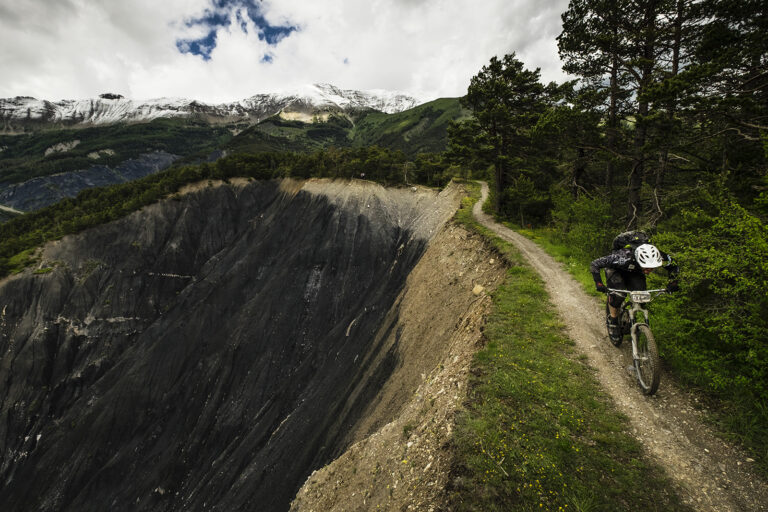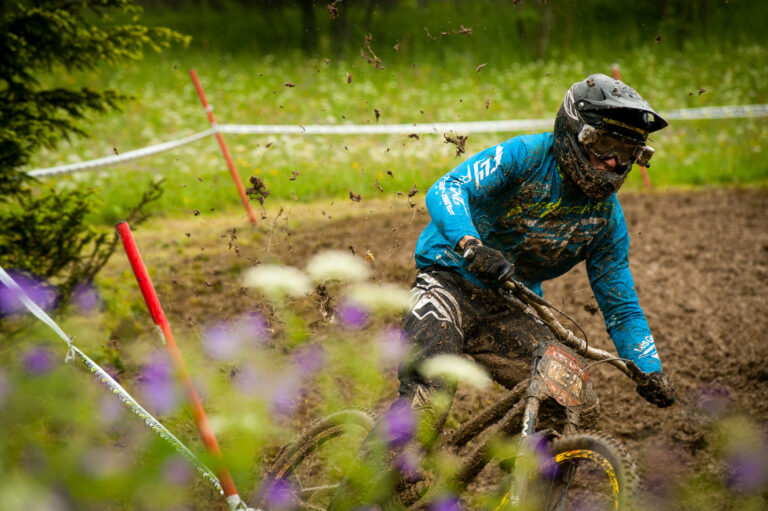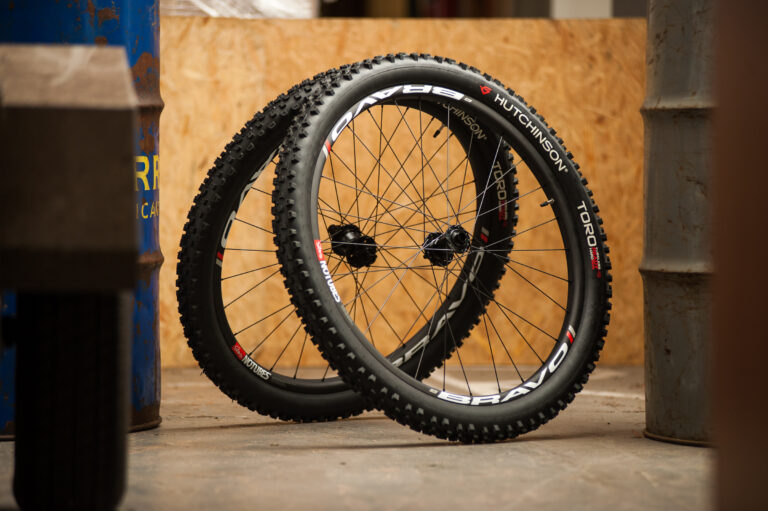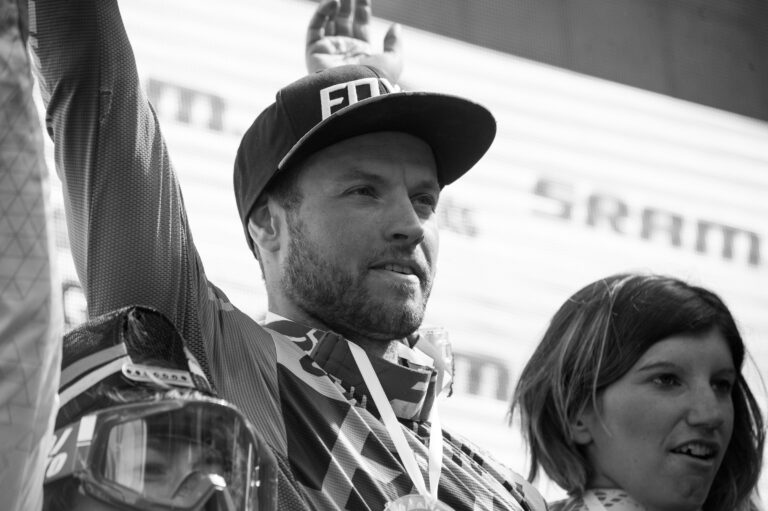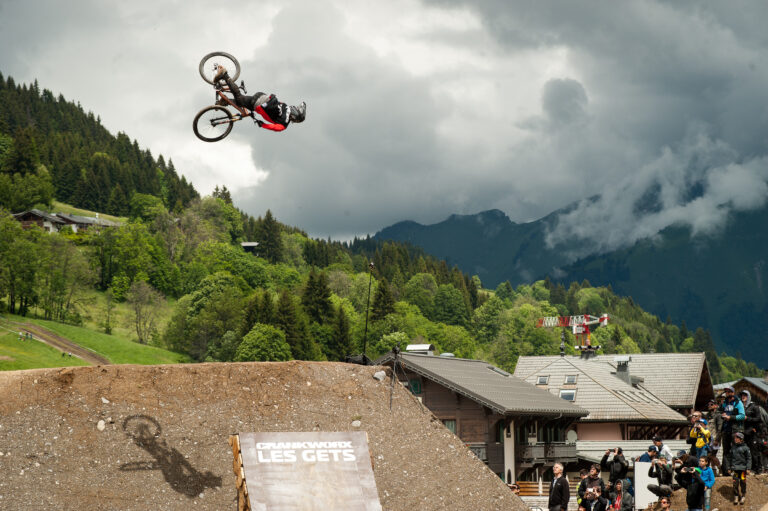High Performance Manager Darren Roberts discusses what we can learn from failing (just not failing all the time!).
Photos: Sebastian Schieck, lead photo (above) Mike Rose
Creating an environment where it’s OK to fail is entirely counterintuitive to high performance cultures and systems, it’s avoided at all costs because it’s, well, failure. This creates a bit of a problem for me, because if we aren’t continually failing then how are we learning and progressing? From the physical, emotional, to the technical – if we’re not pushing boundaries and failing at the limit of our capacities, we’re not learning are we? When you spend as much time with action sports athletes as I do, failure becomes a key and fundamental foundation on what all learning progresses from. You only have to watch the ‘out takes’ of most action sports film projects to see this in action – the constant and often eye watering painful failures.
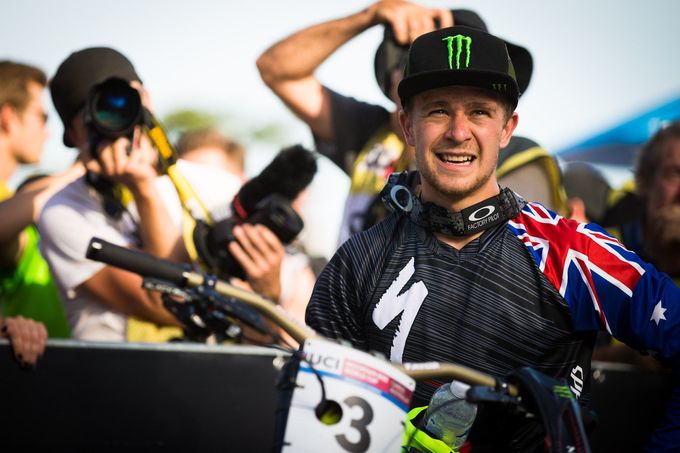
However this determination needs to extend throughout the whole performance preparation of an athlete, not just trying to get over the big line for the 300th time that day. Failure needs to feature in everything, so not only does the athlete have key learnings, but being able to understand that failure and the learning process from it to move forward. This is also a key preparatory factor for competition, because it’s not always going to go well for an athlete in competition, and as I always say “it’s easy when you’re winning”. The athlete who has only known success through the many levels of competition can rapidly become unstuck when confronted with this new experience… failure.

